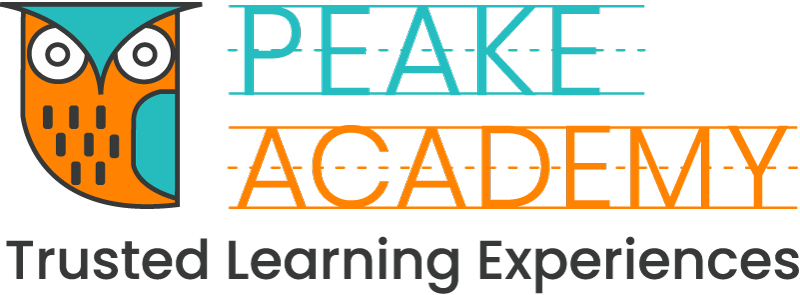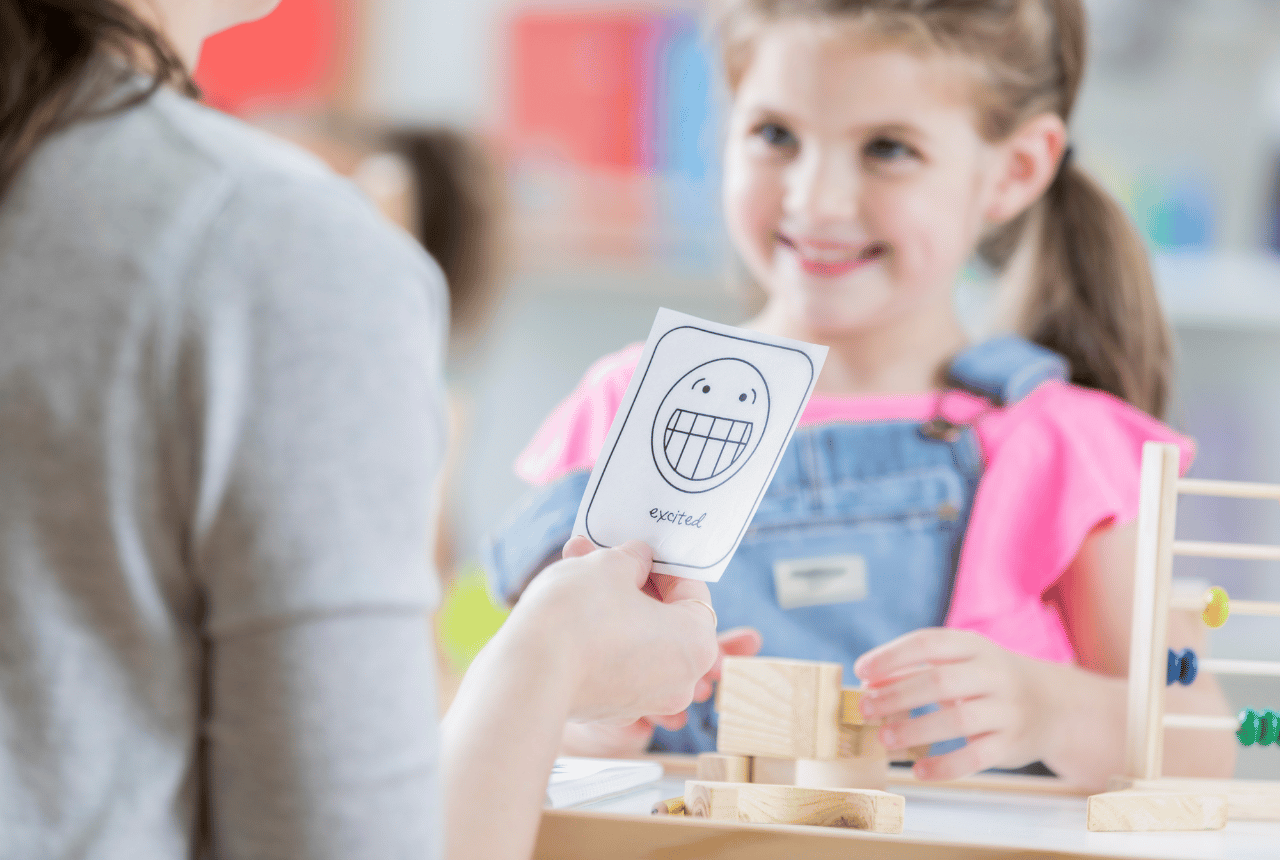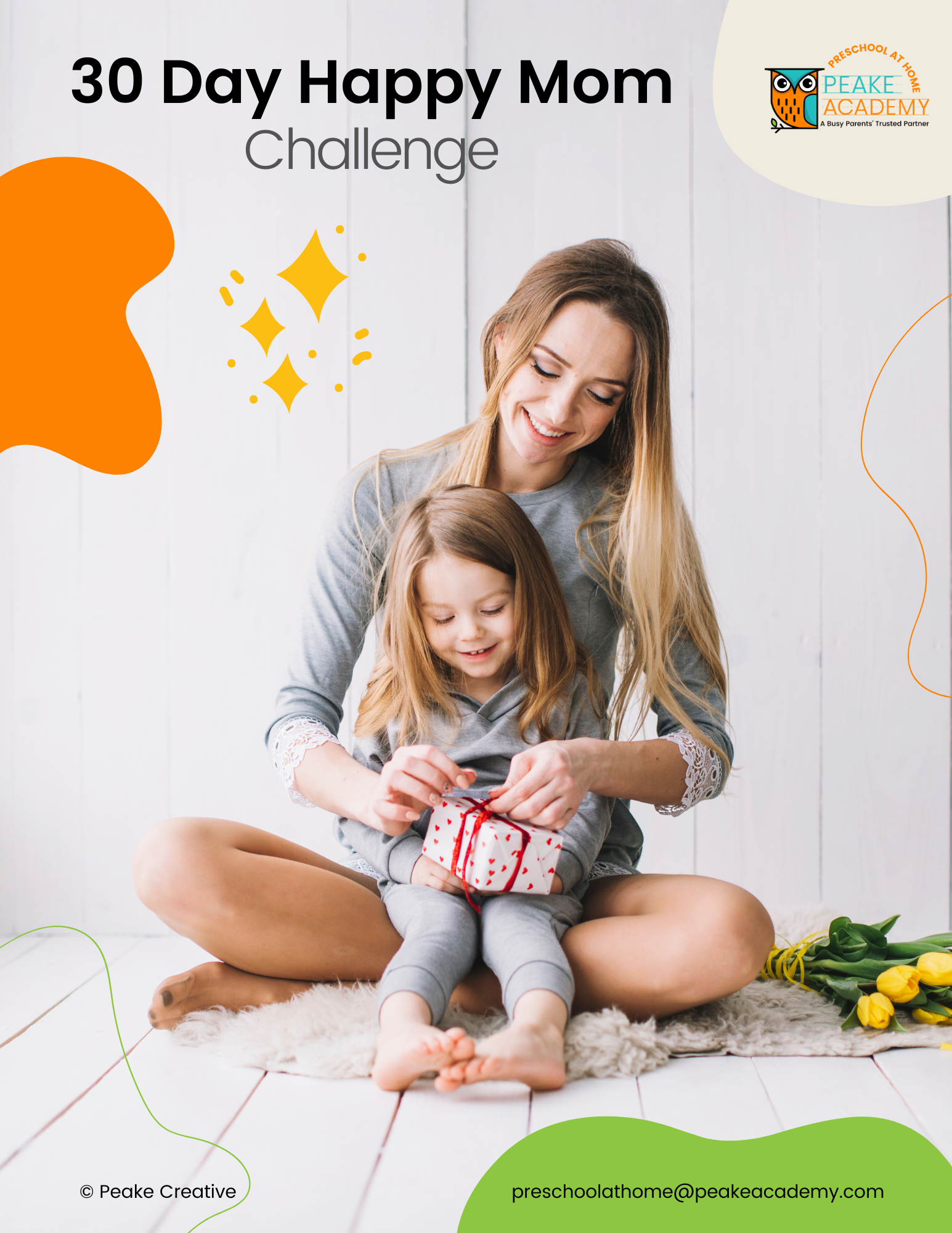Listen, Speak, Understand: 8 Effective Ways to Communicate with Your Preschooler
Effective communication plays a crucial role in fostering a healthy parent-child relationship, especially when it comes to preschoolers who are beginning to explore language and express their thoughts and emotions. By employing these eight proven strategies, parents can communicate effectively with their preschoolers, nurturing their cognitive and social development.
Active Listening
Listening attentively is key to effective communication. When your preschooler speaks, get down to their eye level, maintain eye contact, and give them your undivided attention. Encourage them to express themselves without interruptions. Reflect their words and emotions to show that you understand and validate their feelings. This kind of attentive listening fosters trust and builds confidence in your child, allowing them to freely communicate their thoughts and concerns.
Encourage Expressive Language
Preschoolers are in the early stages of language development. Encourage them to express themselves by using age-appropriate vocabulary and sentence structures. Engage in conversations that help them expand their language skills. Ask open-ended questions that require more than a simple "yes" or "no" answer. This encourages them to think critically and express their thoughts in a more detailed manner.
Use Non-Verbal Communication
Preschoolers often rely on non-verbal cues to understand and communicate. Use gestures, facial expressions, and body language to enhance understanding and emotional connection. For example, nodding in agreement or hugging to show affection can convey messages of support and encouragement.
Provide a Safe Space
Creating a safe and non-judgmental environment is crucial for effective communication with preschoolers. Let them know that their thoughts and feelings are respected and valued. Show empathy and understanding when they express themselves, even if their opinions differ from yours. This will encourage them to share their thoughts and concerns openly.
Be Patient
Preschoolers may take time to articulate their thoughts and express themselves clearly. Avoid rushing them or completing their sentences. Give them the time and space to communicate at their own pace. Patience allows them to develop their communication skills and boosts their confidence in expressing their thoughts.
Use Visual Aids
Visual aids can aid comprehension and reinforce communication with preschoolers. Incorporate pictures, charts, or drawings to support your verbal messages. For example, using flashcards with images can help them understand and remember new words. Visual cues enhance understanding and make communication more engaging and interactive.
Model Effective Communication
Parents are their children's first and most influential role models. Be mindful of your own communication style. Use clear and concise language, proper grammar, and a respectful tone. Show them how to communicate effectively by listening attentively, expressing yourself clearly, and using polite and positive language. Your child learns from your communication habits and will mimic them in their own interactions.
Encourage Active Participation
Engage your preschooler in activities that promote communication. Storytelling, role-playing, or playing with puppets are great ways to encourage them to express themselves creatively. These interactive experiences not only enhance their language development but also promote imagination and problem-solving skills.
By implementing these effective communication strategies, parents can create a strong foundation for healthy communication with their preschoolers. Active listening, expressive language, non-verbal cues, and a safe and patient environment foster understanding, trust, and emotional connection. Remember to be a positive role model and encourage active participation. Effective communication with your preschooler not only strengthens your bond but also nurtures their cognitive and social development, setting them up for success in their future interactions.
Free Resource
Thank you for reading this content. And if you loved this post, please be sure to join our Parent Advisor Facebook group where we share more insights and community.
Spark meaningful conversations with our Conversation Starter Card printable for preschoolers! Designed to nurture effective communication, these cards assist parents in teaching their children essential communication skills, encouraging curiosity, and fostering strong connections from an early age.
Everyone deserves self-care
The same goes for busy moms like you. So let's do it together and create a healthy habit!
Join the 30-Day Happy Mom Challenge Today!
Visit our Parent Advisor and The Buzz Blogs to learn more about related topics and parenting tips. You are welcome to join our private Parent Advisor Facebook group. It’s a growing community of parents and preschool teachers where you can learn and share more parenting tips.









